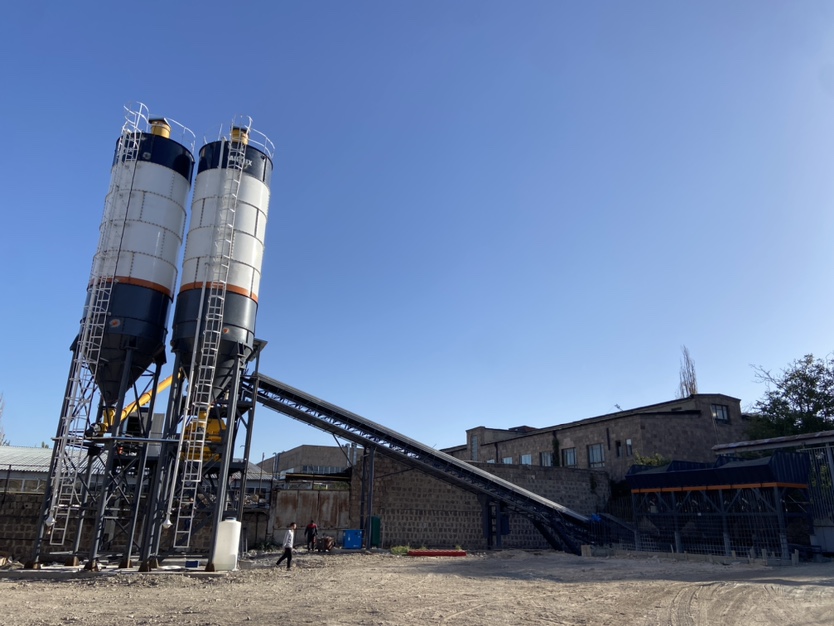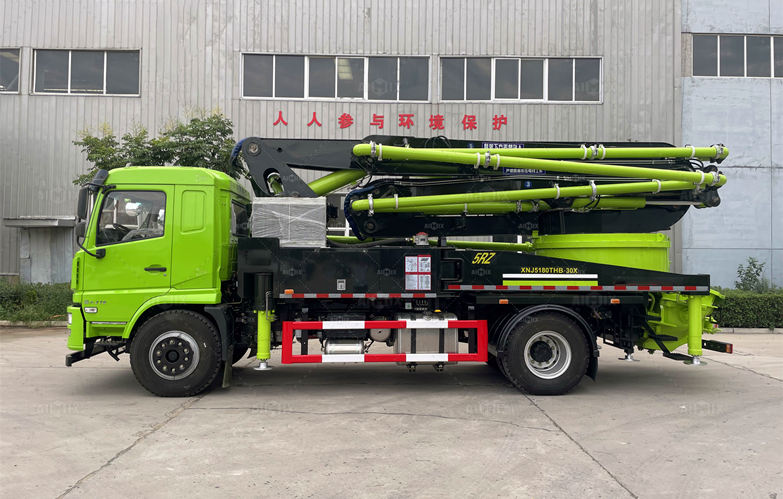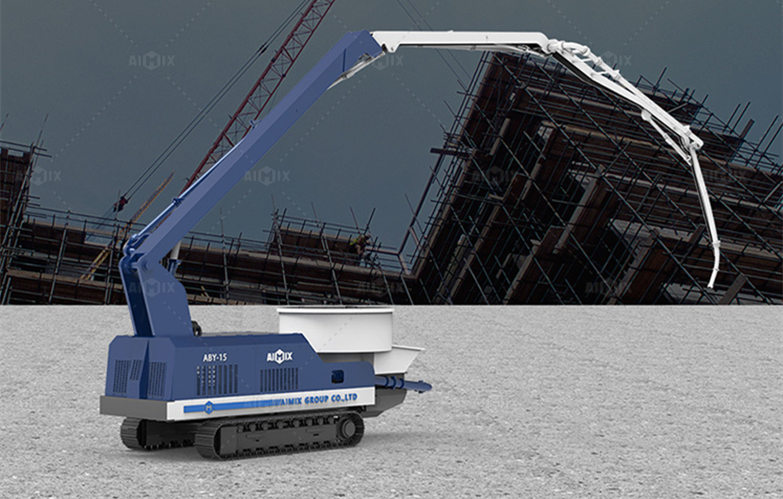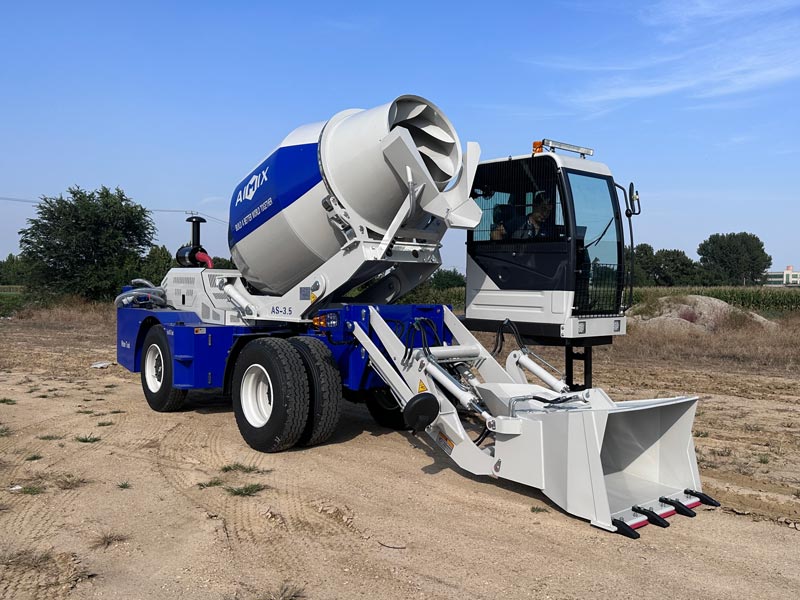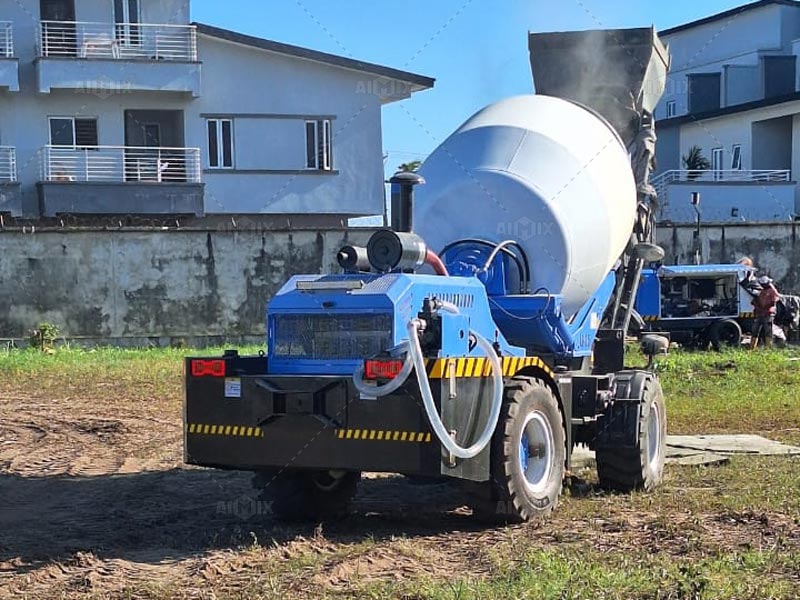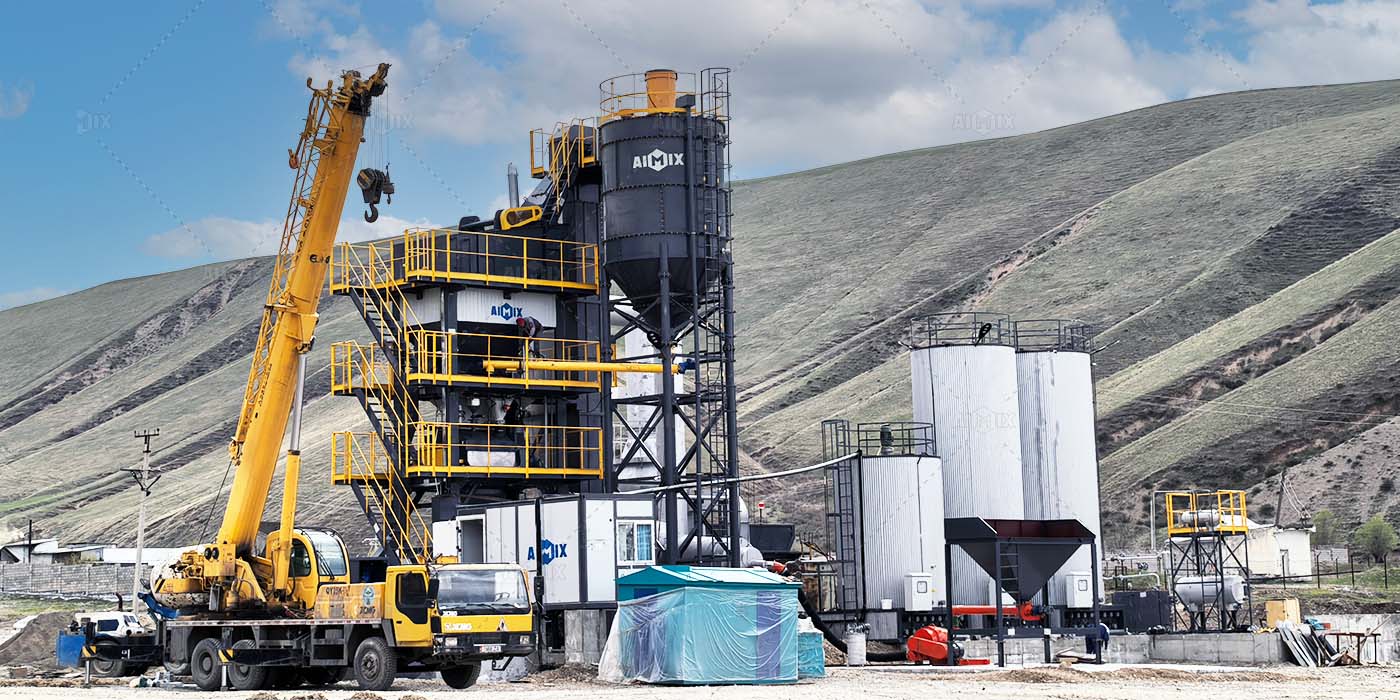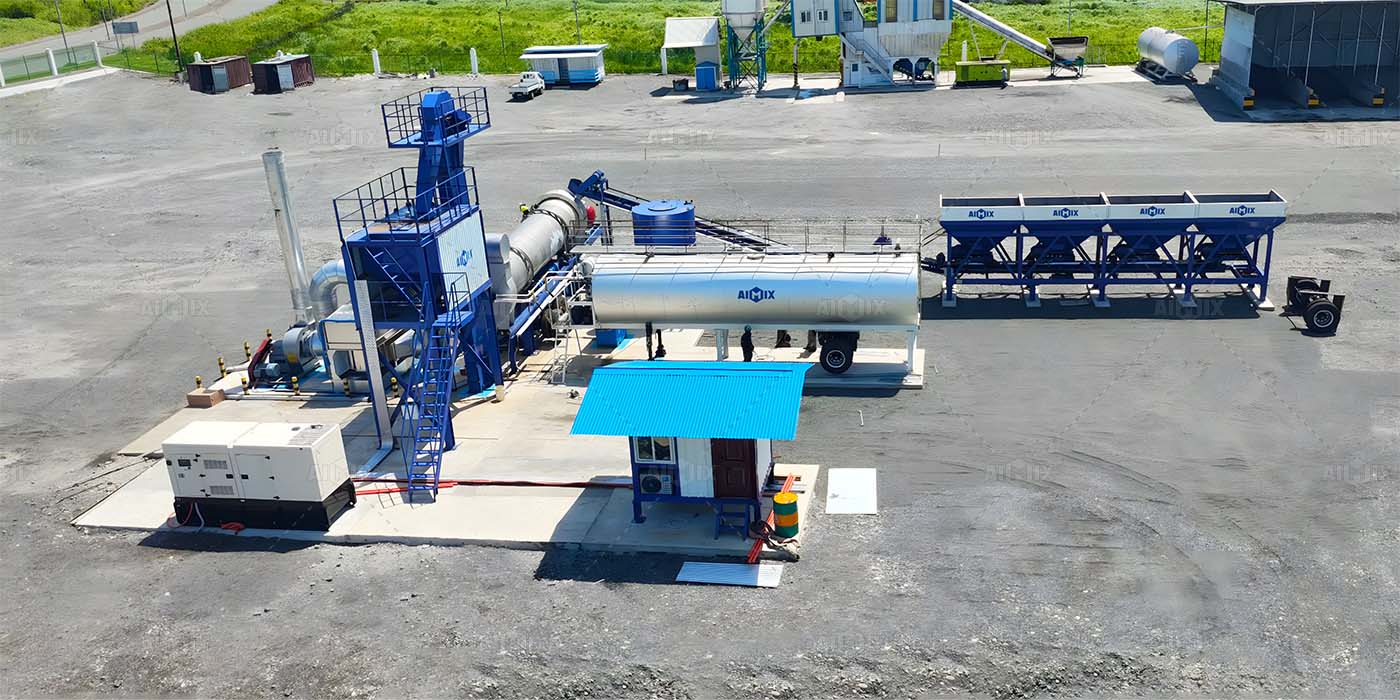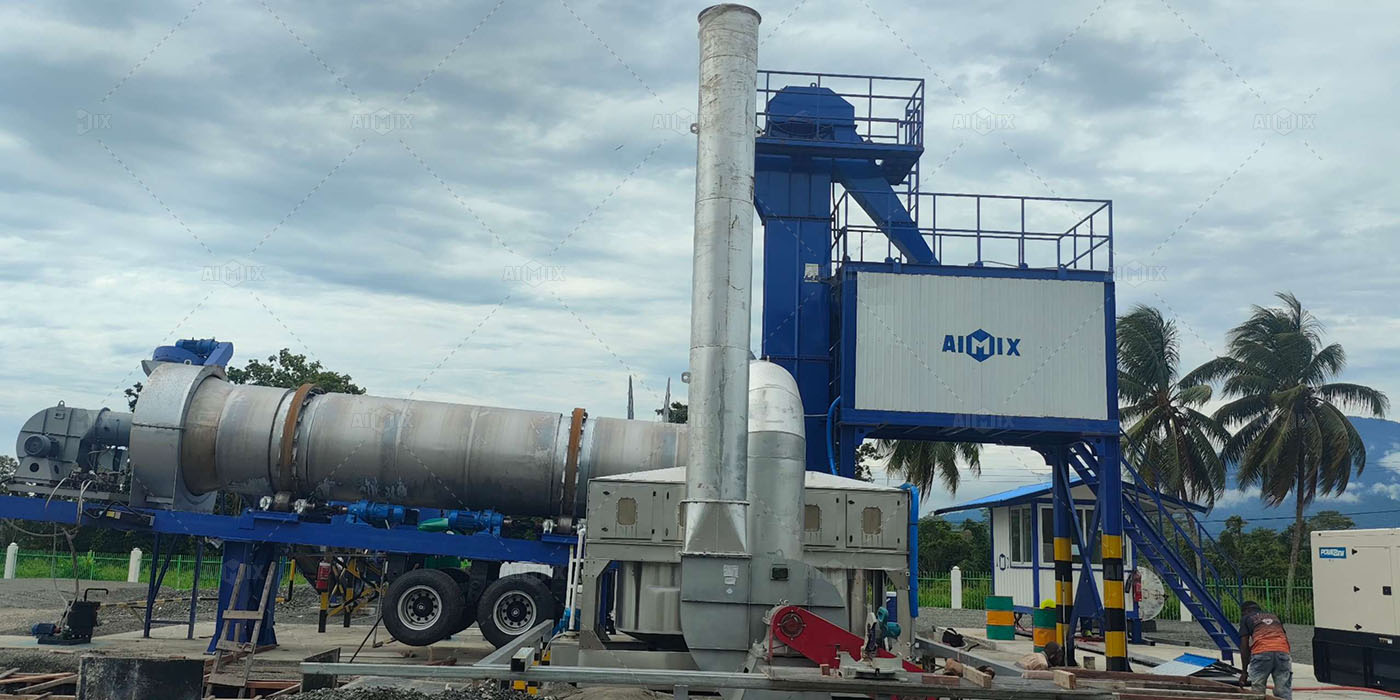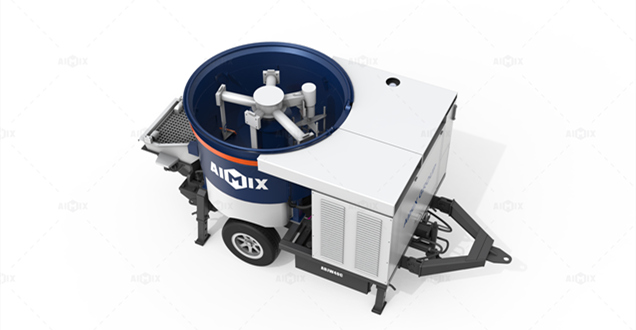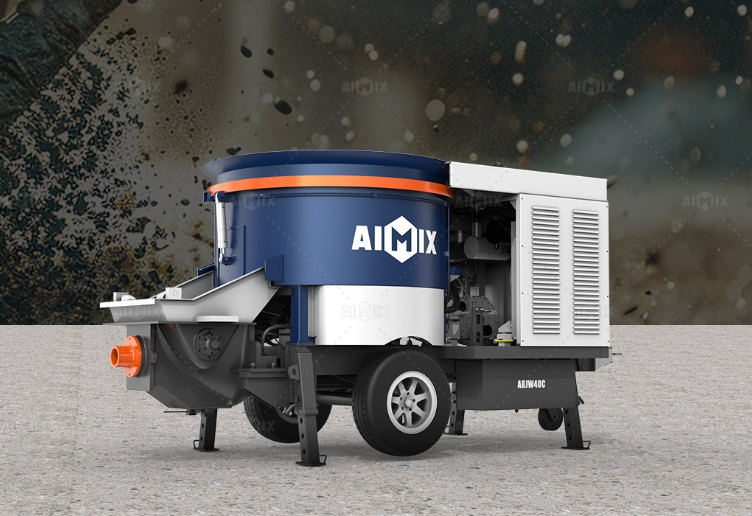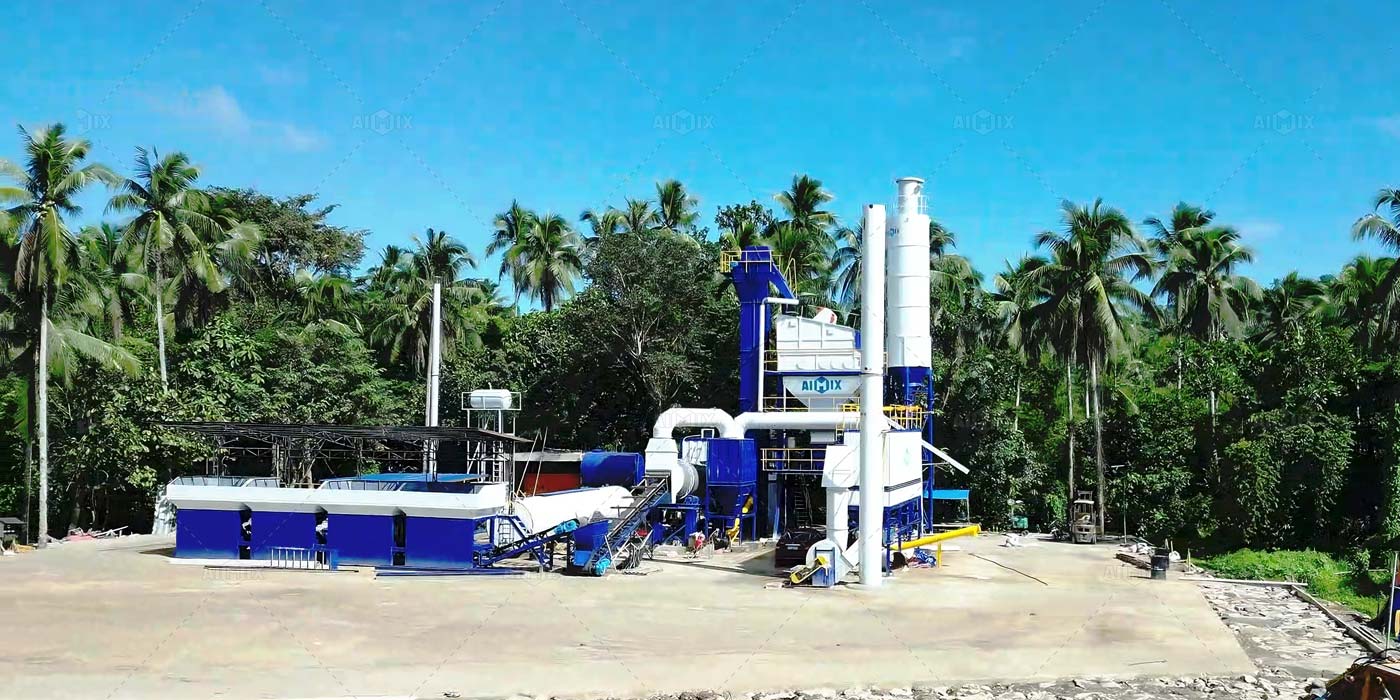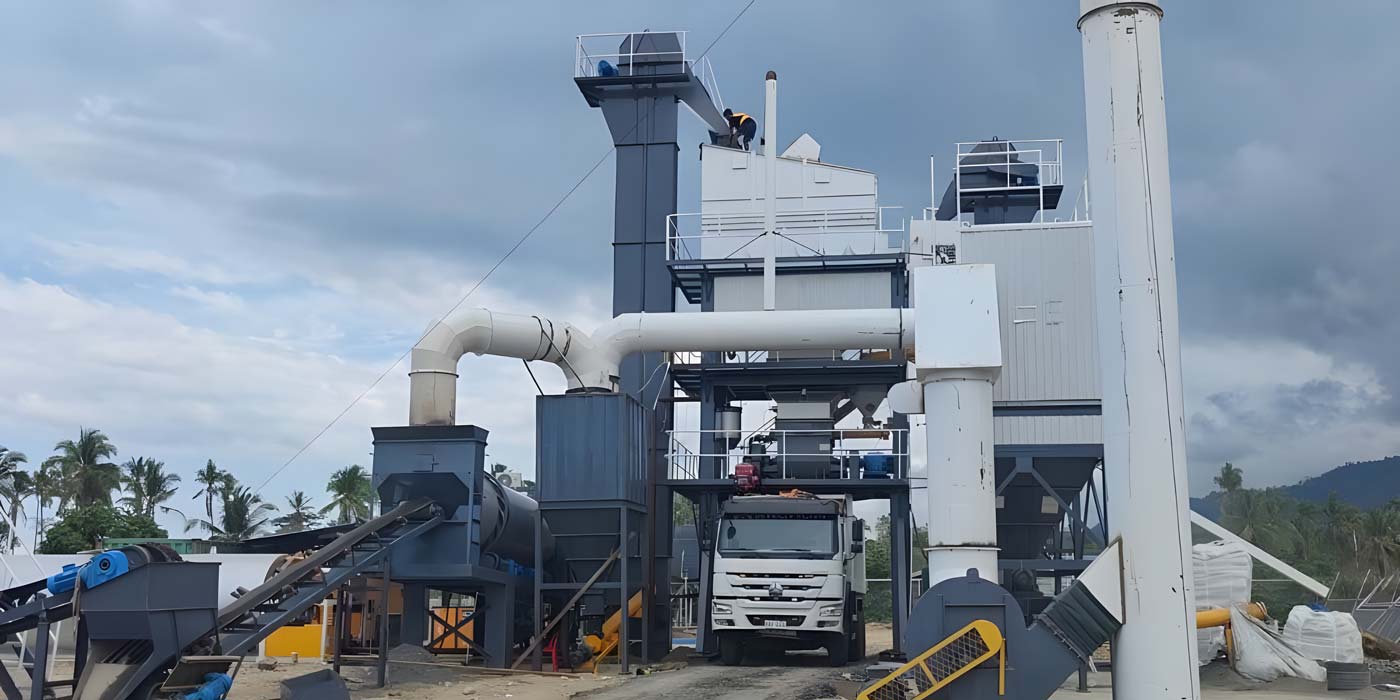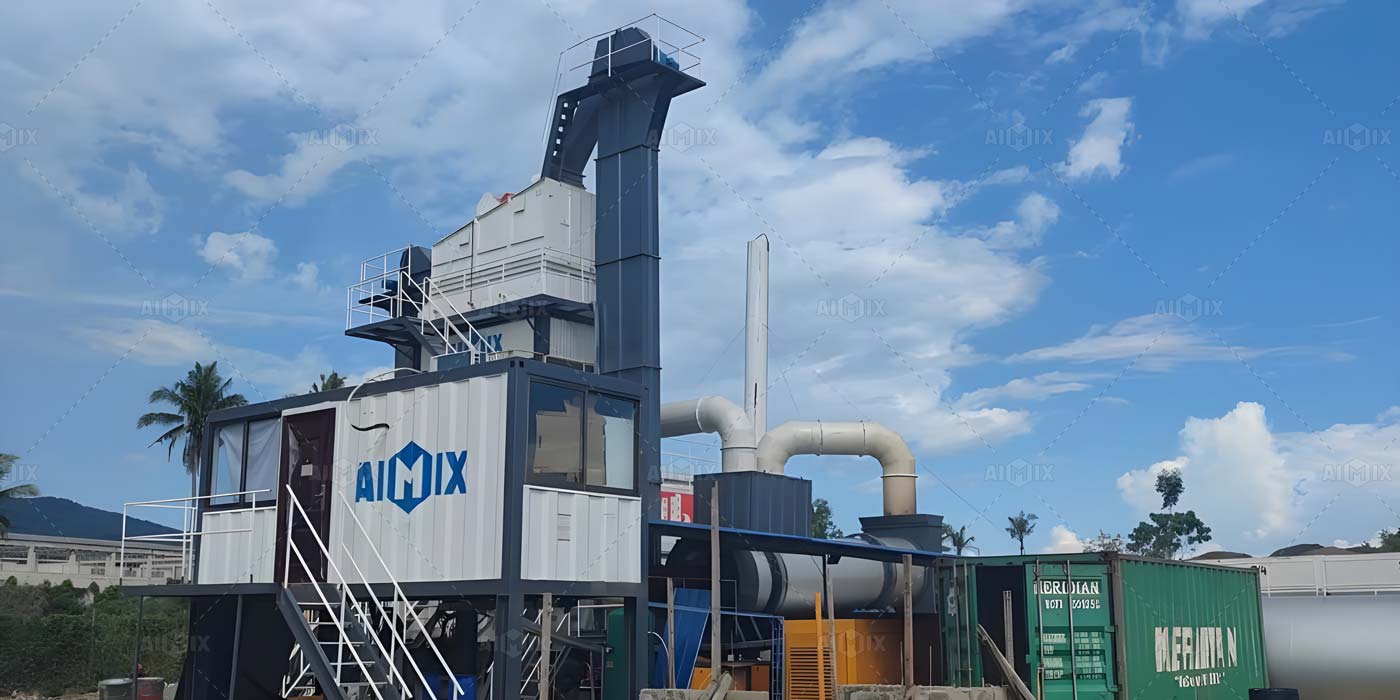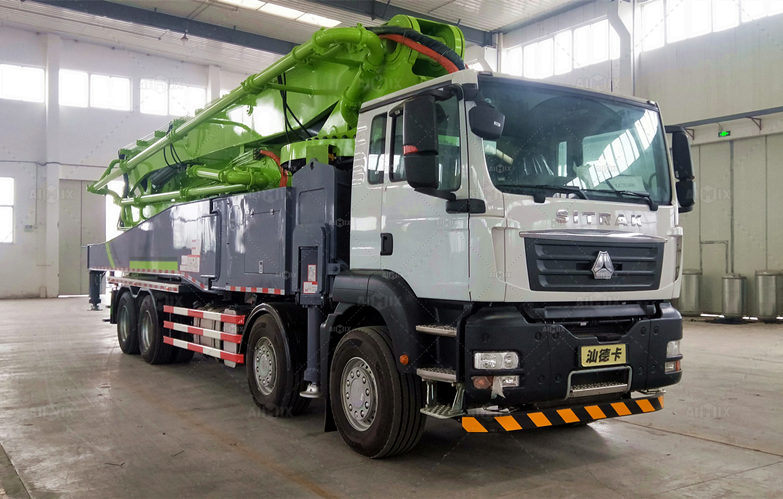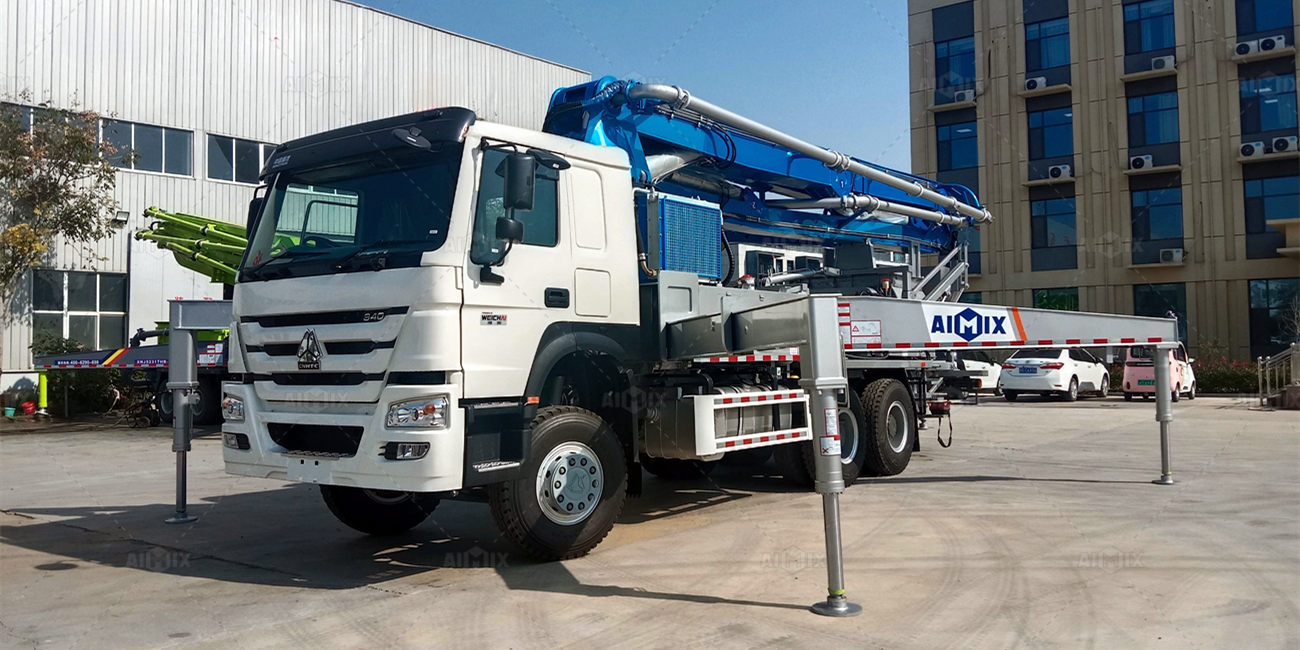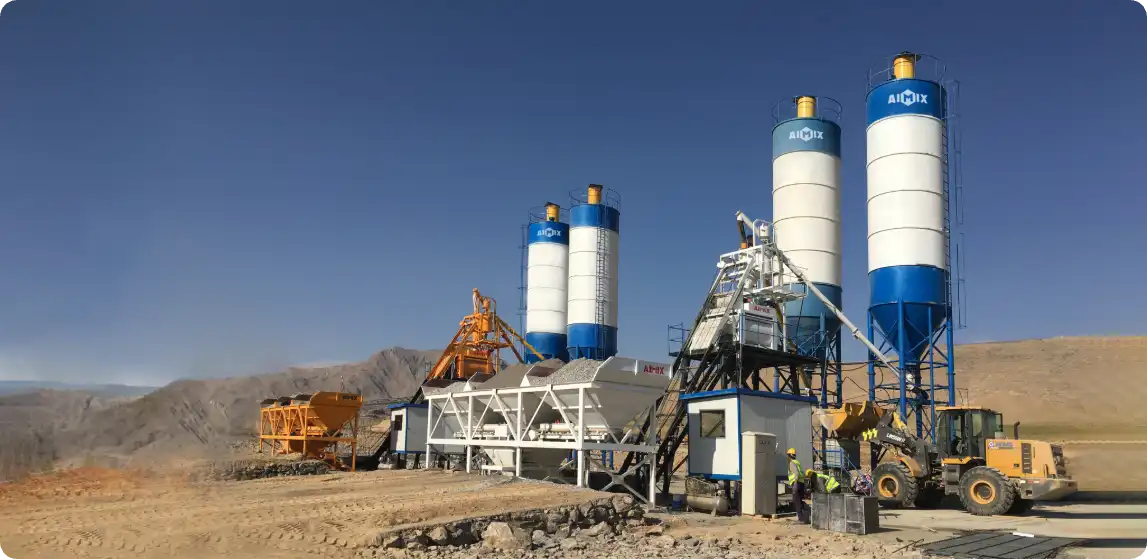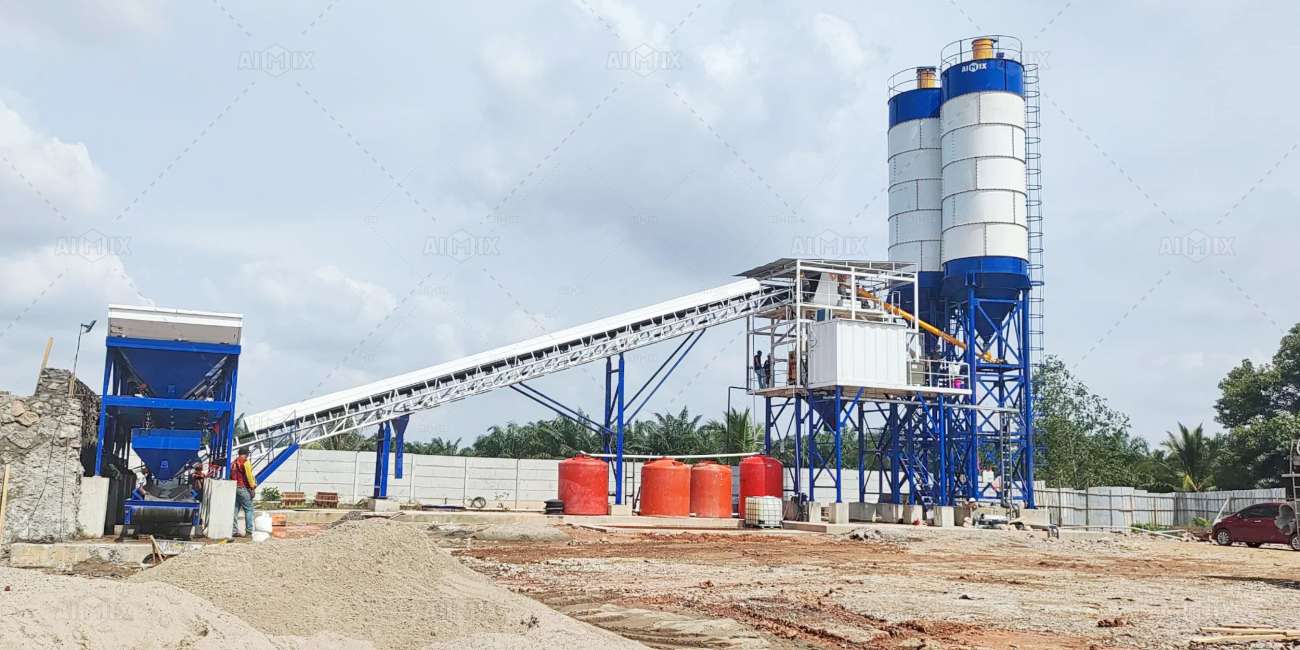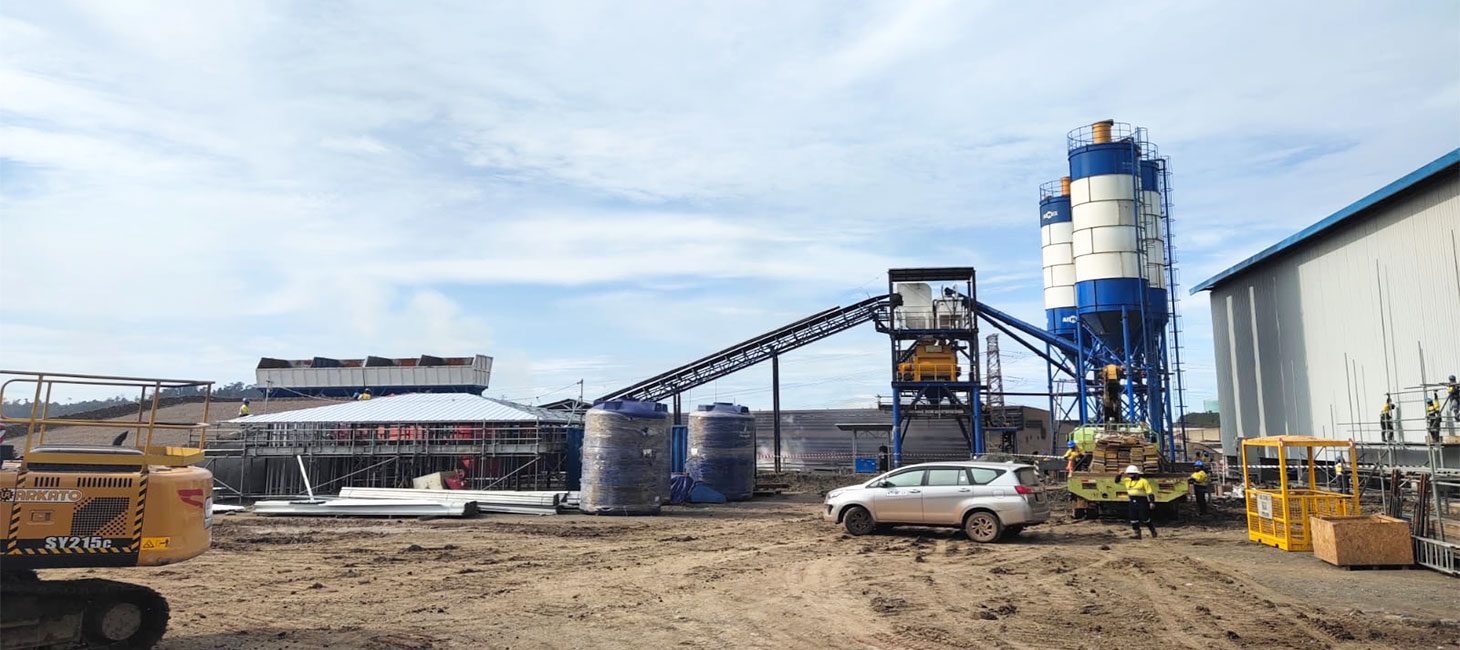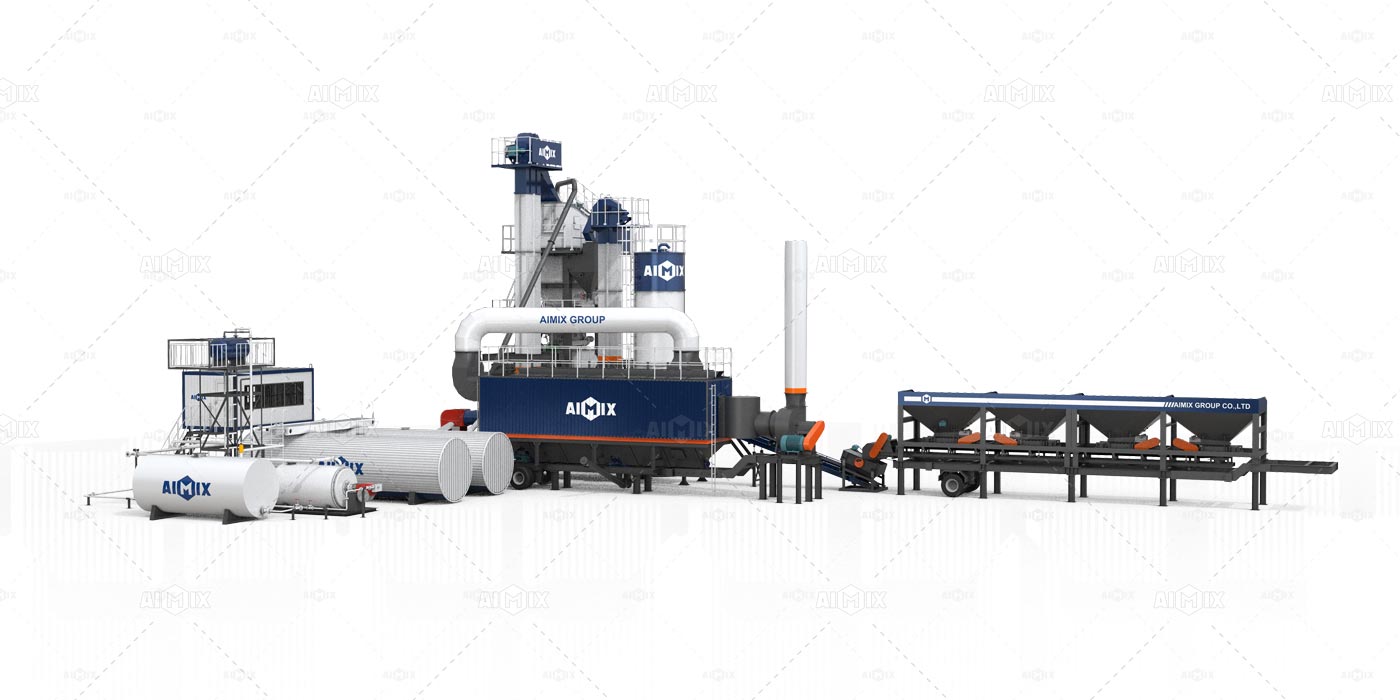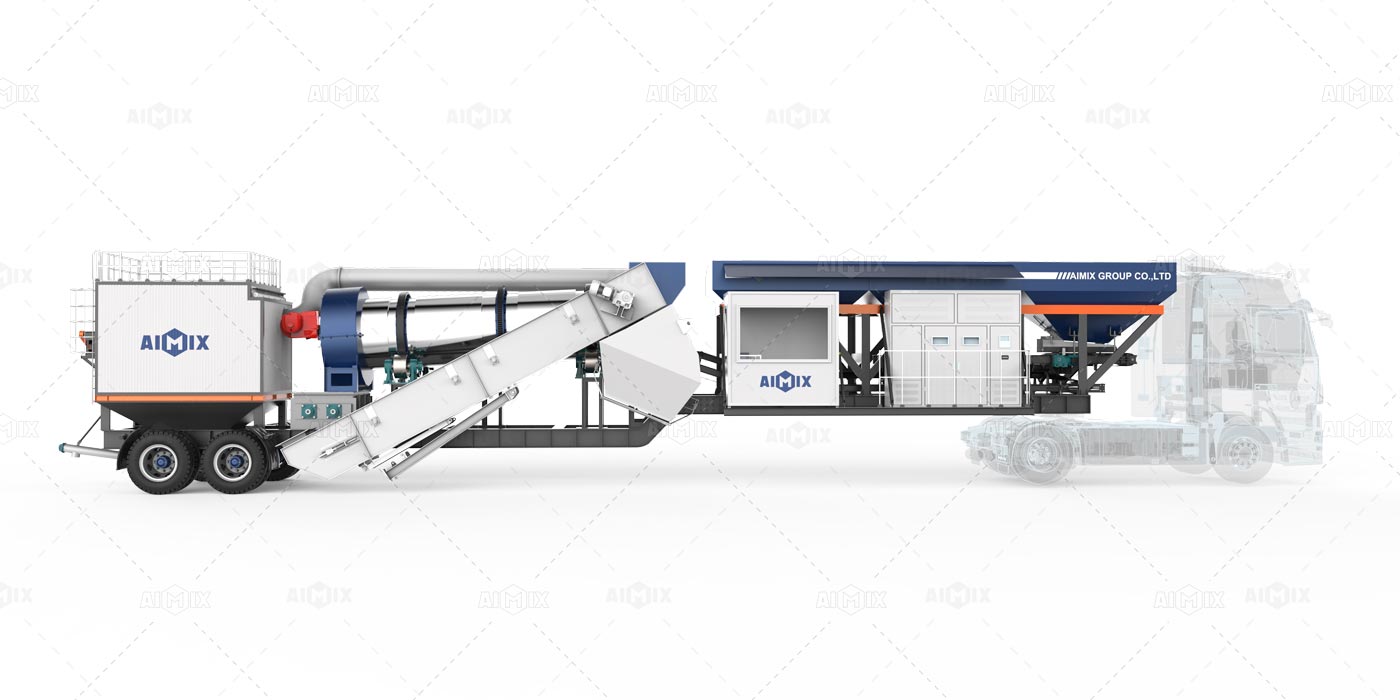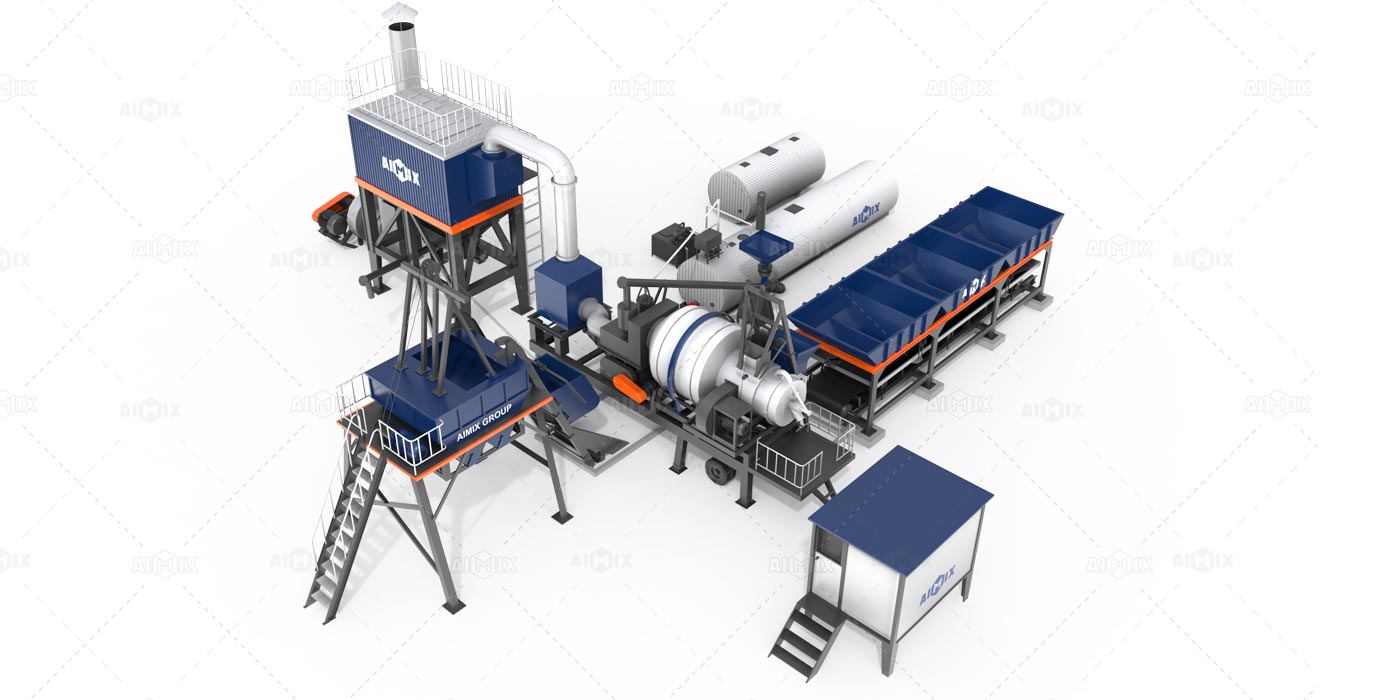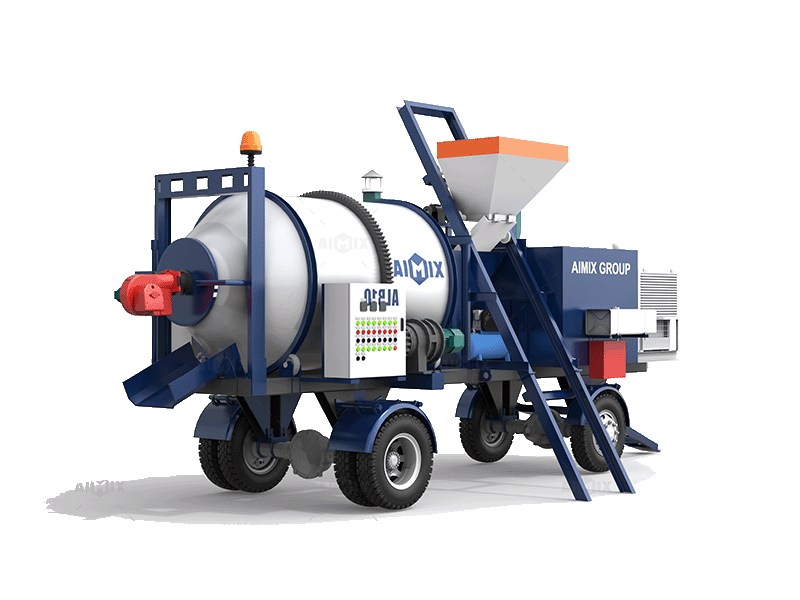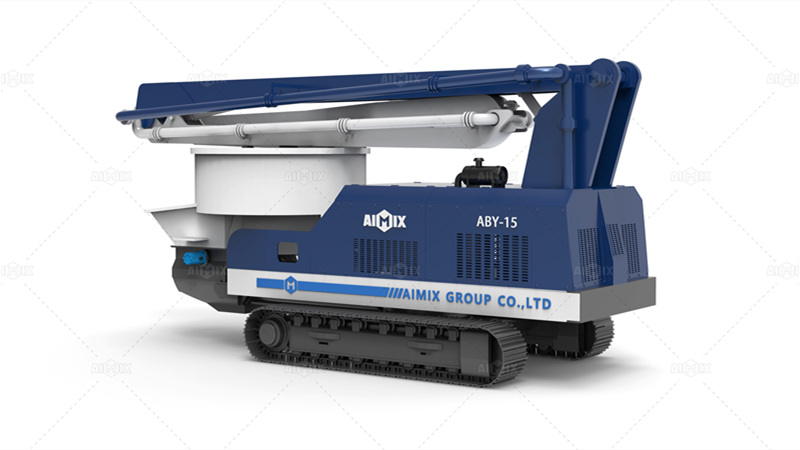Concrete batching plants are critical infrastructure for the construction industry, especially in developing markets where urbanization and infrastructure projects are rapidly expanding. These plants produce ready-mix concrete in large quantities, supporting projects such as roads, bridges, residential buildings, and industrial facilities. However, one of the most important considerations for contractors, investors, and government agencies is cost. Understanding the average concrete batching plant cost in developing markets can help guide investment decisions and optimize project budgeting.
Understanding Batching Plant Types and Their Cost Ranges
To begin, it’s important to understand that batching plant costs vary significantly depending on the type and capacity of the plant. Generally, there are three main types:
-
Stationary Concrete Batching Plants
-
Mobile (or Portable) Concrete Batching Plants
-
Dry Mix Concrete Batching Plants
Here’s a general cost breakdown by type in developing markets like Southeast Asia, Africa, and parts of Latin America:
-
Small mobile plant (AJY-35 or similar): $30,000 – $60,000
-
Medium stationary plant (AJ-60 to AJ-90): $60,000 – $100,000
-
Large stationary plant (AJ-120 to AJ-180): $100,000 – $180,000
-
Dry mix plant: $40,000 – $80,000
These figures include the main batching system, mixer, weighing system, and control system but do not always include shipping, installation, training, and after-sales service.
Key Cost Drivers in Developing Markets
Several factors affect the total concrete batching plant cost in developing regions:
1. Import Duties and Taxes
Many developing countries impose import duties and value-added taxes (VAT) on machinery imported from abroad. Depending on the country, this could add 10% to 30% to the base equipment price.
2. Local Infrastructure
In areas with poor road access, lack of utilities, or unstable terrain, site preparation costs and logistics expenses may be significantly higher. Transporting equipment to rural or inland regions can add thousands of dollars in shipping and crane hire fees.
3. Labor Costs
While labor is generally cheaper in developing markets, technical expertise is limited, and qualified personnel may demand higher wages. This can increase installation and maintenance costs.
4. Raw Material Availability
If aggregates, sand, or cement are scarce or expensive locally, batching plant operation costs can increase, which in turn impacts the plant’s ROI.
5. Brand and Country of Origin
Chinese and Indian manufacturers typically offer lower equipment prices with acceptable quality, whereas European brands are often 50% more expensive due to high-end components and advanced automation.
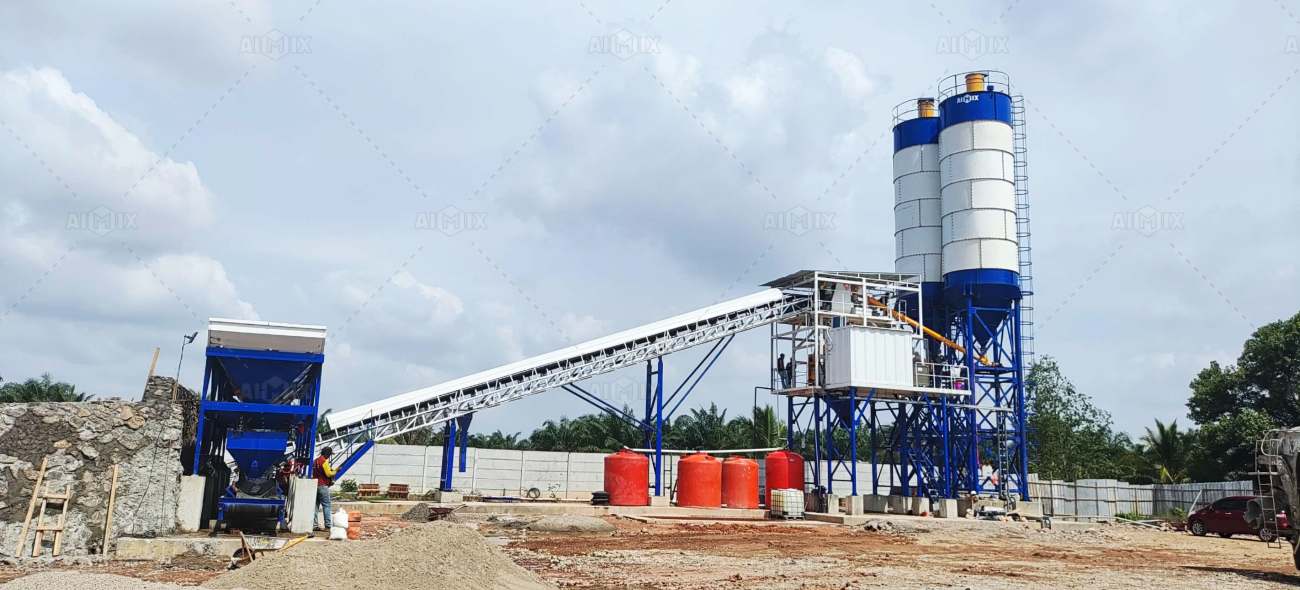
Sample Cost Scenario in a Developing Country
Let’s say a contractor in Nigeria is setting up a stationary AJ-60 concrete batching plant. The cost structure might look like this:
| Item | Estimated Cost (USD) |
|---|---|
| Plant Equipment | $70,000 |
| Shipping and Customs | $10,000 |
| Installation & Training | $8,000 |
| Foundation Work | $6,000 |
| Generator & Utilities | $7,000 |
| Total | $101,000 |
This estimate shows that hidden or secondary costs can increase the total project budget by 30-40% over the equipment price alone.
How to Lower Batching Plant Costs in Developing Markets
1. Choose a Reliable Local or Regional Supplier
Selecting a supplier with local agents or service centers can reduce after-sales costs and eliminate import markups. Companies like Aimix and Luton have support networks in Asia, Africa, and Latin America.
2. Opt for Modular or Mobile Designs
Mobile batching plants are easier and faster to set up, which minimizes installation costs. They also require less site preparation, saving thousands in civil work.
3. Bulk Buy and Bundle Services
Contractors working on multiple projects can negotiate better deals by bundling several batching plants or services (e.g., spare parts, training) together in one package.
4. Train Local Workers
By investing in operator training, plant owners can avoid recurring costs from third-party service visits and minimize downtime.
ROI Consideration and Payback Period
Despite the high upfront investment, batching plants typically deliver good returns. In high-demand construction zones, an AJ-60 plant operating at full capacity can produce 50–60 m³/hour, enough to support medium-scale construction projects. With concrete selling at $70–$100/m³, and assuming 20 working days per month, plant owners can recover their investment in 12 to 24 months, depending on operating efficiency and market conditions.
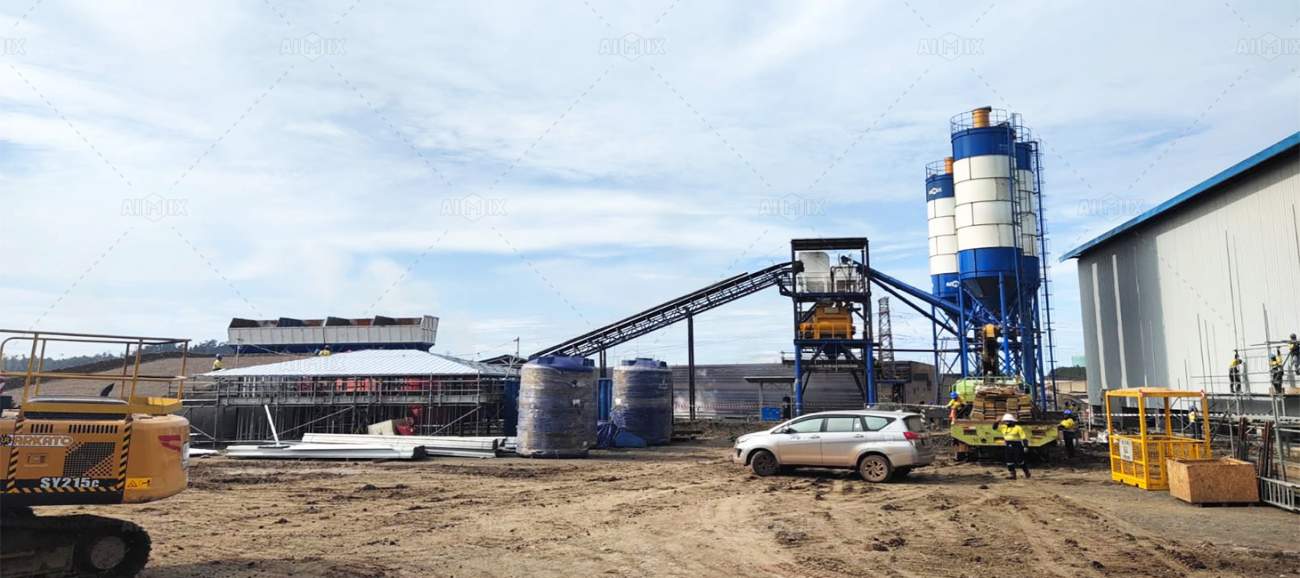
Final Thoughts
The average concrete batching plant cost in developing markets varies widely depending on plant type, capacity, local conditions, and supplier. However, a general range of $30,000 to $180,000 covers most project requirements. To reduce costs, stakeholders must carefully assess logistics, supplier support, installation services, and tax implications.
Investing in a batching plant is not just about upfront cost—it’s about long-term efficiency, reliability, and profitability. With proper planning and the right equipment, companies in developing markets can significantly boost their concrete production capacity and build better infrastructure for the future.
